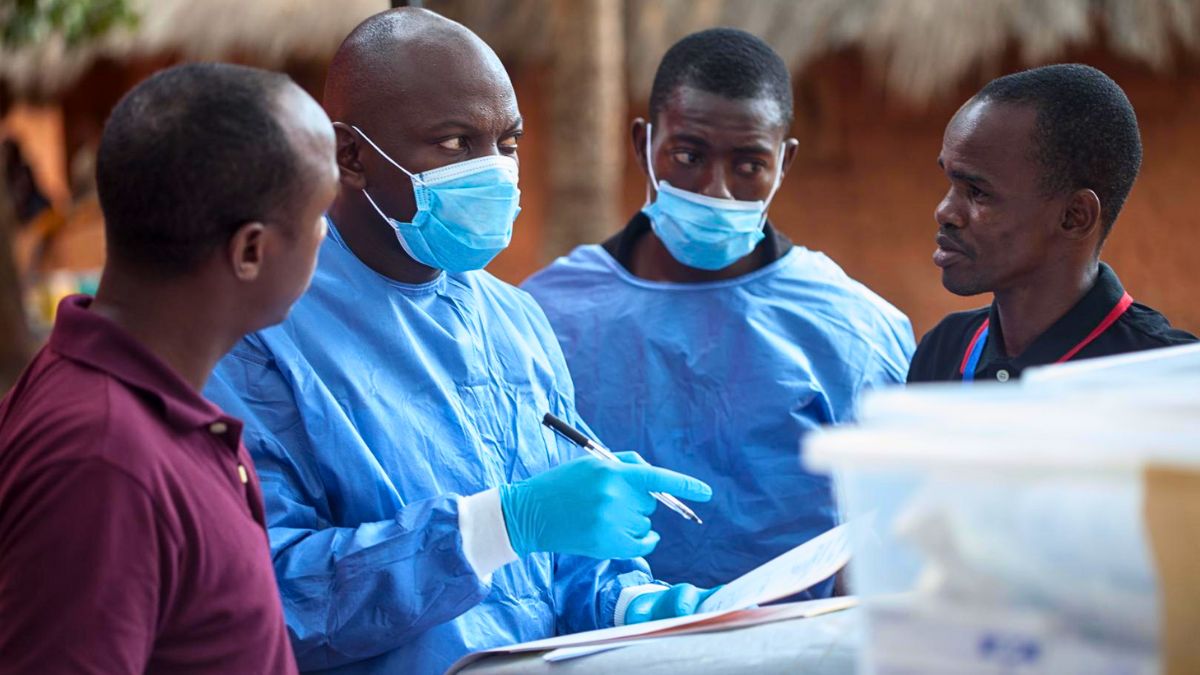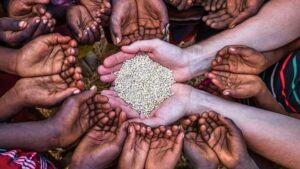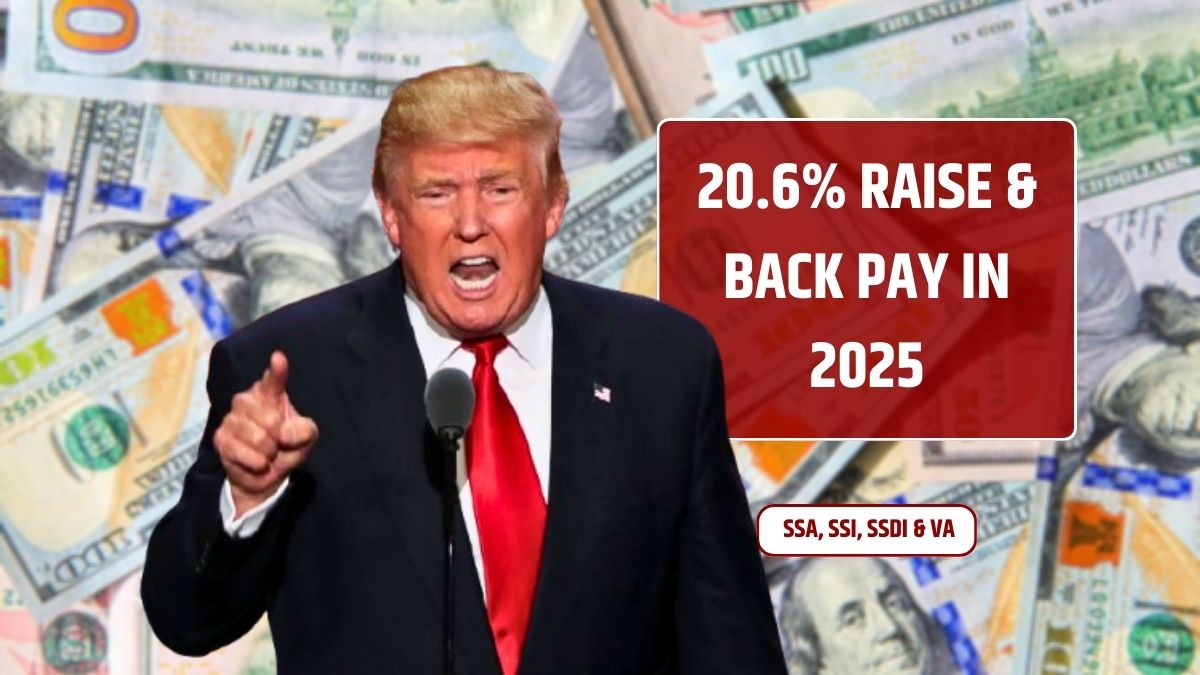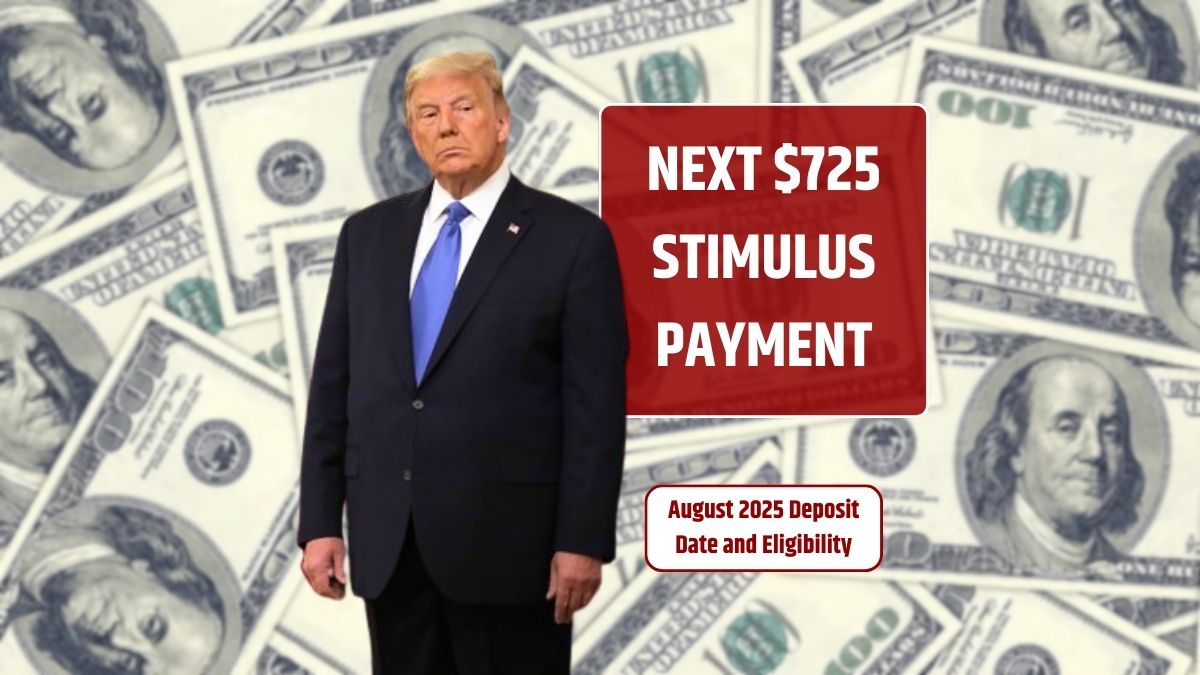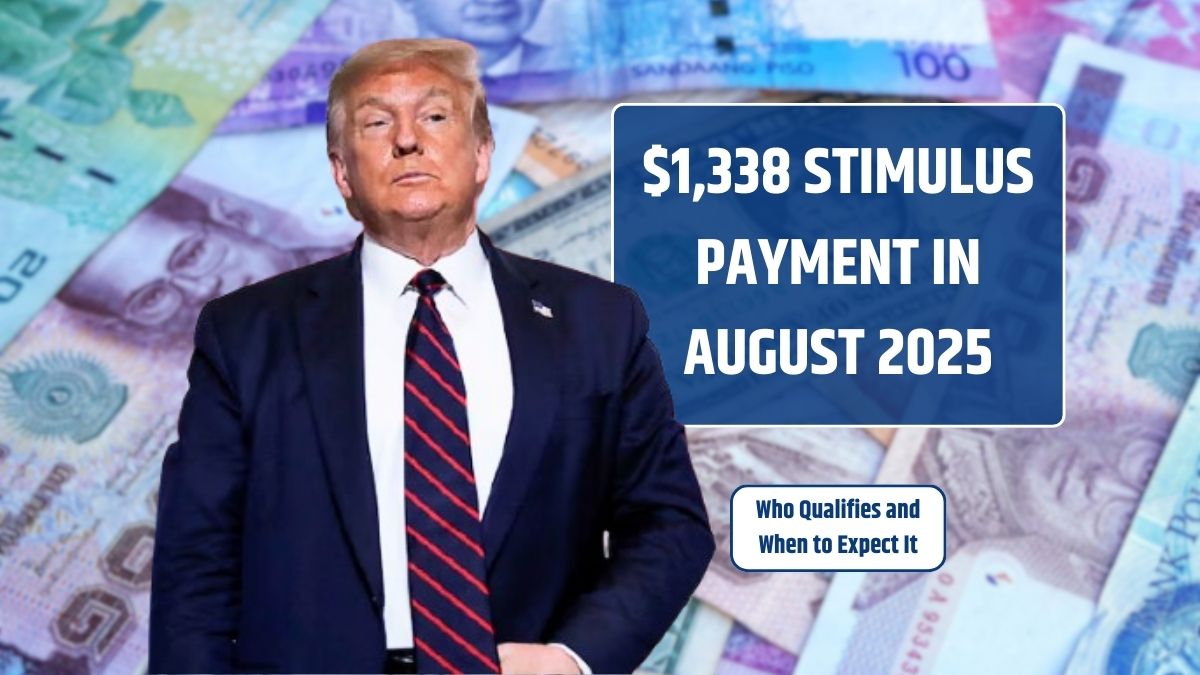Africa is facing a growing health emergency, not just from disease outbreaks—but from the money drying up to fight them. The head of Africa CDC, Jean Kaseya, recently raised the alarm, saying that U.S. aid cuts are weakening the continent’s ability to respond to deadly diseases. And it’s not just a small budget tweak—it’s a major shake-up with serious consequences for millions of lives.
Fallout
When the U.S. decided to cut back over $60 billion in foreign aid, the ripple effects were felt hard across Africa. Countries already struggling with fragile healthcare systems found themselves facing even greater pressure. Many projects targeting deadly diseases like malaria, AIDS, mpox, and Ebola were either scaled down or shut completely.
Kaseya explained that in countries like the Democratic Republic of Congo—where mpox outbreaks are common—these cuts have seriously hampered efforts to test, track, and treat the disease. Simply getting samples from rural areas to labs has become a challenge. Vaccines are in short supply. Lives are at stake.
Shutdowns
Health systems across the continent have been thrown into chaos. NGOs and government-run programs that relied heavily on U.S. funds are scrambling to stay afloat. Some were caught completely off guard by the sudden drop in funding.
Imagine running a clinic with supplies and staff paid by international donors—and then one day, the funding just stops. That’s the kind of abrupt crisis many African health workers are dealing with now.
Widening
What’s particularly troubling is that the U.S. isn’t the only country pulling back. Kaseya pointed out that multiple Western nations are cutting global health budgets, leaving Africa with fewer and fewer options.
This trend is dangerous. Diseases don’t respect borders. When outbreaks in Africa aren’t controlled due to lack of funds, the risk of global spread increases. We’ve seen this before with Ebola, and the world can’t afford to make the same mistake again.
Transition
So, what now? According to Kaseya, the Africa CDC is working with the World Bank to secure “transitional” funding. This isn’t a long-term fix, but it’s a step toward keeping vital programs alive while new financing options are explored.
Friday’s upcoming meeting with African health ministers aims to dive deep into these issues. One big agenda item: how to find sustainable funding. Relying too heavily on a single donor like the U.S. has proven risky, and it’s time for a broader, more diversified funding model.
Alternatives
The Africa CDC is eyeing multiple options for future financing. These include boosting domestic health budgets, improving tax collection for public health, and tapping into private sector support. They’re also exploring public-private partnerships that could help scale up services and infrastructure.
Here’s a quick look at the difference U.S. aid made before the cuts:
| Program | Impact Before Cuts | Post-Cuts Status |
|---|---|---|
| AIDS Treatment | Millions on antiretrovirals | Reduced access, stockouts |
| Malaria | Net distribution, treatment | Delayed programs |
| Mpox Response | Testing, vaccines | Limited testing, vaccine shortage |
| Ebola Prep | Early warning systems | Inactive or underfunded |
The table paints a stark picture: without funding, progress unravels quickly.
Africa is now at a crossroads. With fewer resources from the West, the continent must chart a new path forward—one that builds financial independence into public health.
Relying on aid made sense during past crises. But now, with donor fatigue and shifting global priorities, African nations need long-term, homegrown solutions to avoid being blindsided again.
FAQs
Why did the US cut aid to Africa?
The cuts were part of a broader $60B foreign aid reduction.
Which diseases are affected by the aid cuts?
Diseases like mpox, AIDS, malaria, and Ebola are impacted.
What’s the impact in Congo?
Congo is struggling with testing and vaccine access for mpox.
Who is Jean Kaseya?
He’s the Director-General of Africa CDC.
Are other countries also cutting aid?
Yes, many Western nations are reducing global health funding.

